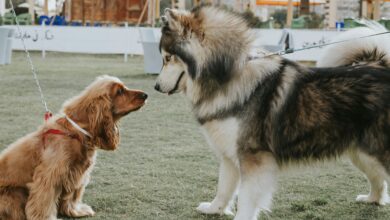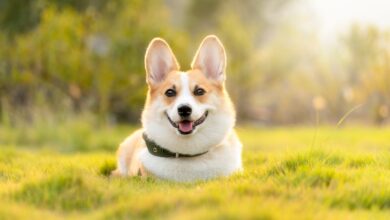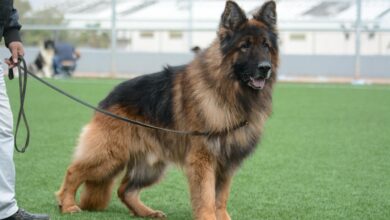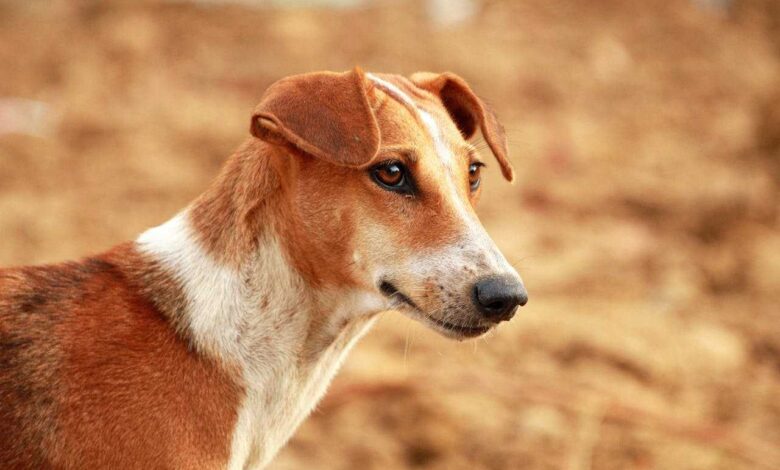
Have you ever been startled or even repulsed by the sight of your beloved canine companion munching on their own feces? As pet owners, witnessing such behavior can be concerning and perplexing. However, rest assured that you’re not alone in facing this challenge. In this guide, Learn proven strategies for refined canine etiquette and a happier home.and we’ll delve into the reasons behind why dogs engage in this behavior and provide practical solutions to help you curb it effectively.
Understanding the Behavior:
Before we delve into the solutions, it’s essential to understand why dogs engage in coprophagia, the technical term for poop eating. While it may seem utterly repulsive to us, this behavior is relatively common among dogs and can stem from various factors.
Nutritional Deficiencies: Dogs may eat poop if they are deficient in certain nutrients, such as vitamins or minerals. This behavior can be their instinctual way of trying to supplement their diet.
Boredom and Stress: Dogs, like humans, can become bored or stressed when their physical and mental stimulation needs are not met. Eating poop may serve as a self-soothing behavior or a way to alleviate boredom.
Learned Behavior: In multi-dog households, younger dogs may learn to eat feces from older dogs, viewing it as a normal behavior. Additionally, dogs that have been punished for defecating indoors may try to hide the evidence by consuming it.
Curiosity: Some dogs may simply be curious about feces, especially if they encounter it while exploring their environment.
Addressing Underlying Causes:
Identifying and addressing the underlying causes of coprophagia is crucial to effectively curbing this behavior.
Nutrition: Ensure that your dog is receiving a balanced and nutritious diet appropriate for their age, size, and activity level. Consult with your veterinarian to rule out any nutritional deficiencies and determine if a dietary change or supplementation is necessary.
Stimulation and Enrichment: Dogs thrive on mental and physical stimulation. Provide plenty of opportunities for exercise, play, and interactive toys to keep your dog engaged and mentally stimulated. Consider incorporating puzzle toys or food-dispensing toys to keep their minds occupied.
training and Reinforcement: Positive reinforcement training is key to modifying behavior. Reward your dog with treats, praise, or playtime when they exhibit desirable behaviors, such as ignoring feces or responding to commands like “leave it” or “drop it.” Consistency and patience are essential when training your dog.
Management Techniques:
In addition to addressing underlying causes, implementing management techniques can help prevent your dog from accessing feces and reduce the likelihood of them engaging in coprophagia.
Yard Maintenance: Keep your yard clean and free of feces by promptly removing waste after your dog eliminates. Regularly inspect your yard for feces and dispose of it properly to eliminate the temptation for your dog.
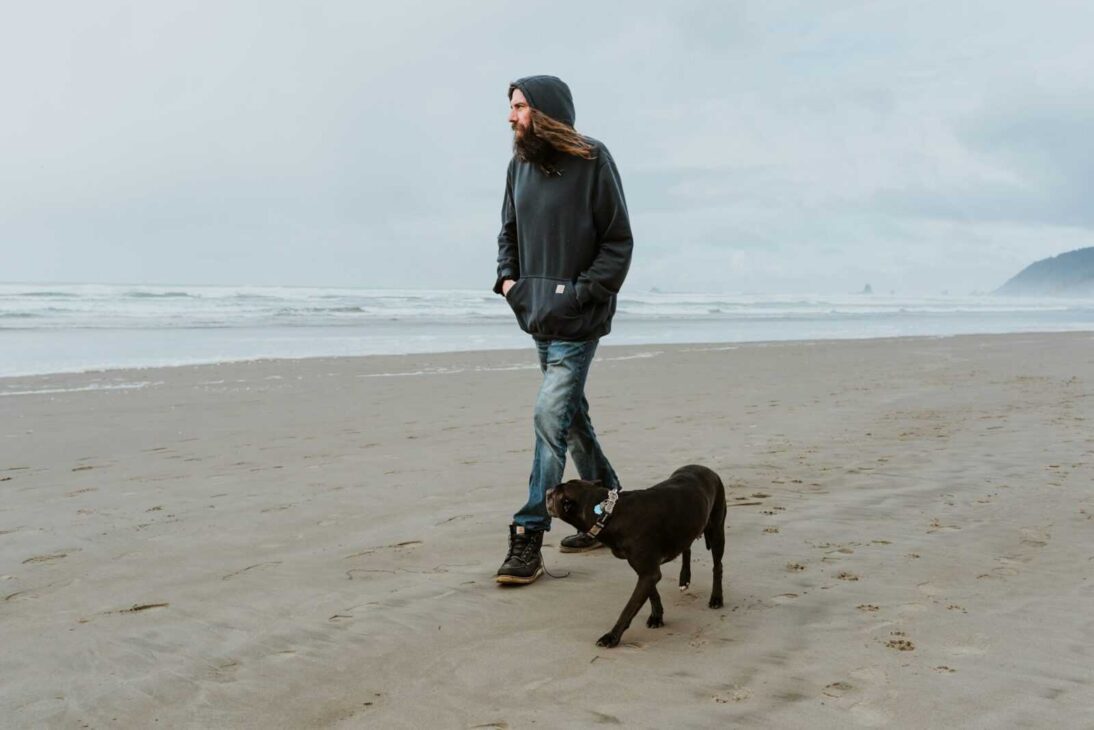
Leash Control: When walking your dog, keep them on a leash and closely supervise them to prevent them from consuming feces they encounter outdoors. Use a short leash and redirect their attention away from feces with a gentle tug and a command to “leave it.”
Deterrents: Use deterrents such as bitter-tasting sprays or additives specifically designed to discourage dogs from eating feces. Apply the deterrents to feces or areas where feces are commonly found to make them less appealing to your dog.
Seeking Professional Guidance:
If your dog’s coprophagia persists despite your efforts, or if it is accompanied by other concerning symptoms, it’s essential to seek guidance from a veterinarian or certified animal behaviorist.
Medical Evaluation: Schedule a veterinary appointment to rule out any underlying medical conditions that may be contributing to your dog’s behavior. Your vet can perform a physical examination, conduct diagnostic tests, and provide recommendations for further evaluation or treatment if necessary.
Behavioral Consultation: A certified animal behaviorist can assess your dog’s behavior, identify triggers for coprophagia, and develop a customized behavior modification plan tailored to your dog’s needs. They can also provide guidance on implementing training techniques and management strategies effectively.
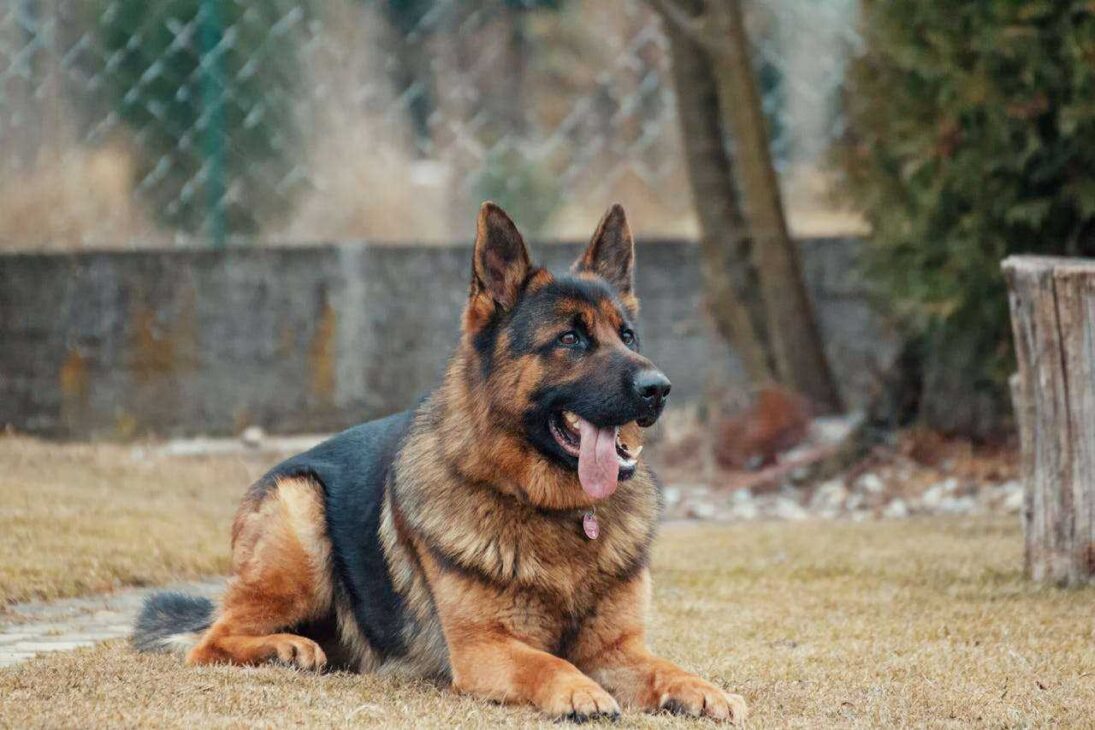
Canine Etiquette
In conclusion, coping with a dog that eats poop can be challenging, but it’s a behavior that can be addressed with patience, understanding, and the right strategies in place. By addressing underlying causes, implementing training and management techniques, and seeking professional guidance when needed, you can help your dog break free from this undesirable habit and enjoy a healthier, happier life together.
Frequently Asked Questions (FAQs) about Canine Etiquette:
Q. Why does my dog eat poop?
- Explore the various reasons behind why dogs engage in coprophagia, including nutritional deficiencies, boredom, stress, learned behavior, and curiosity.
Q. Is it normal for dogs to eat poop?
- Understand that while coprophagia may seem repulsive to us, it’s a relatively common behavior among dogs and can have various underlying causes.
Q. How can I prevent my dog from eating poop?
- Discover practical strategies and techniques, such as addressing nutritional deficiencies, providing mental and physical stimulation, implementing training and reinforcement, and employing management techniques like yard maintenance and deterrents.
Q. What should I do if my dog eats poop?
- Learn how to respond if you catch your dog in the act of eating feces and understand the importance of remaining calm and redirecting their behavior using positive reinforcement techniques.
Q. Can a change in diet help stop my dog from eating poop?
- Explore the role of nutrition in preventing coprophagia and learn how consulting with a veterinarian to ensure your dog’s diet is balanced and nutritious can help curb this behavior.
Q. Are there any medical conditions that could cause my dog to eat poop?
- Discover potential medical issues that may contribute to coprophagia, such as digestive disorders or malabsorption syndromes, and understand the importance of consulting with a veterinarian to rule out any underlying health concerns.
Q. How can I train my dog to stop eating poop?
- Gain insights into positive reinforcement training techniques, including teaching commands like “leave it” or “drop it” and rewarding desired behaviors with treats, praise, or playtime.
Q. Are there any products or supplements that can deter my dog from eating poop?
- Explore the use of deterrents such as bitter-tasting sprays or additives specifically designed to discourage dogs from consuming feces and learn how to use them effectively.
Q. My dog only eats poop when I’m not around. How can I prevent this behavior?
- Understand the importance of supervision and management techniques, such as keeping your yard clean and free of feces, using leash control during walks, and providing ample mental and physical stimulation to prevent boredom.
Q. When should I seek professional help for my dog’s coprophagia?
- Learn the signs that indicate it’s time to seek guidance from a veterinarian or certified animal behaviorist, including persistent or worsening coprophagia despite your efforts, or if the behavior is accompanied by other concerning symptoms.



